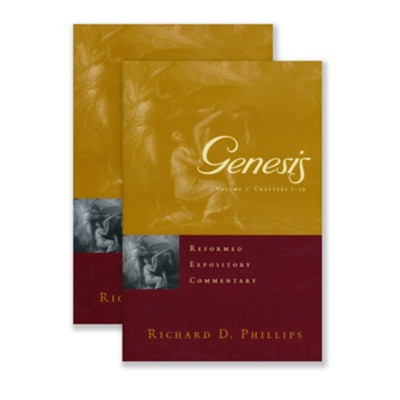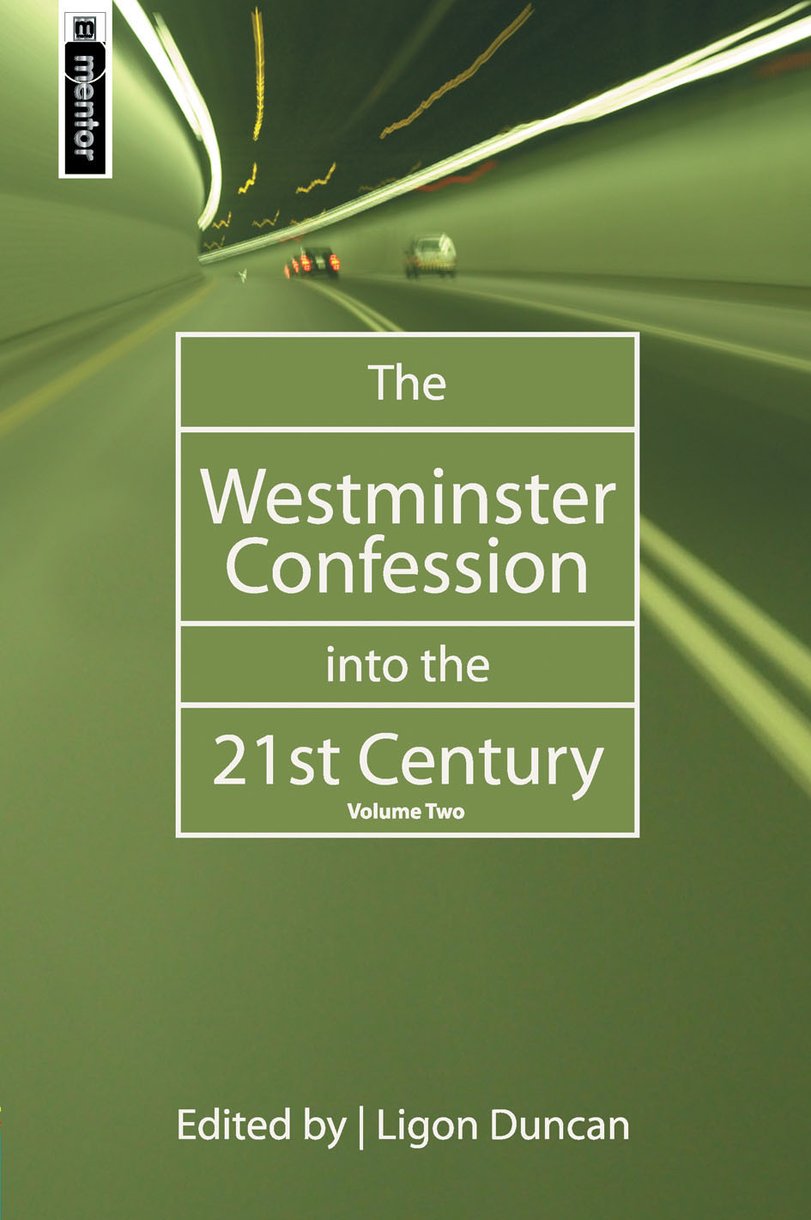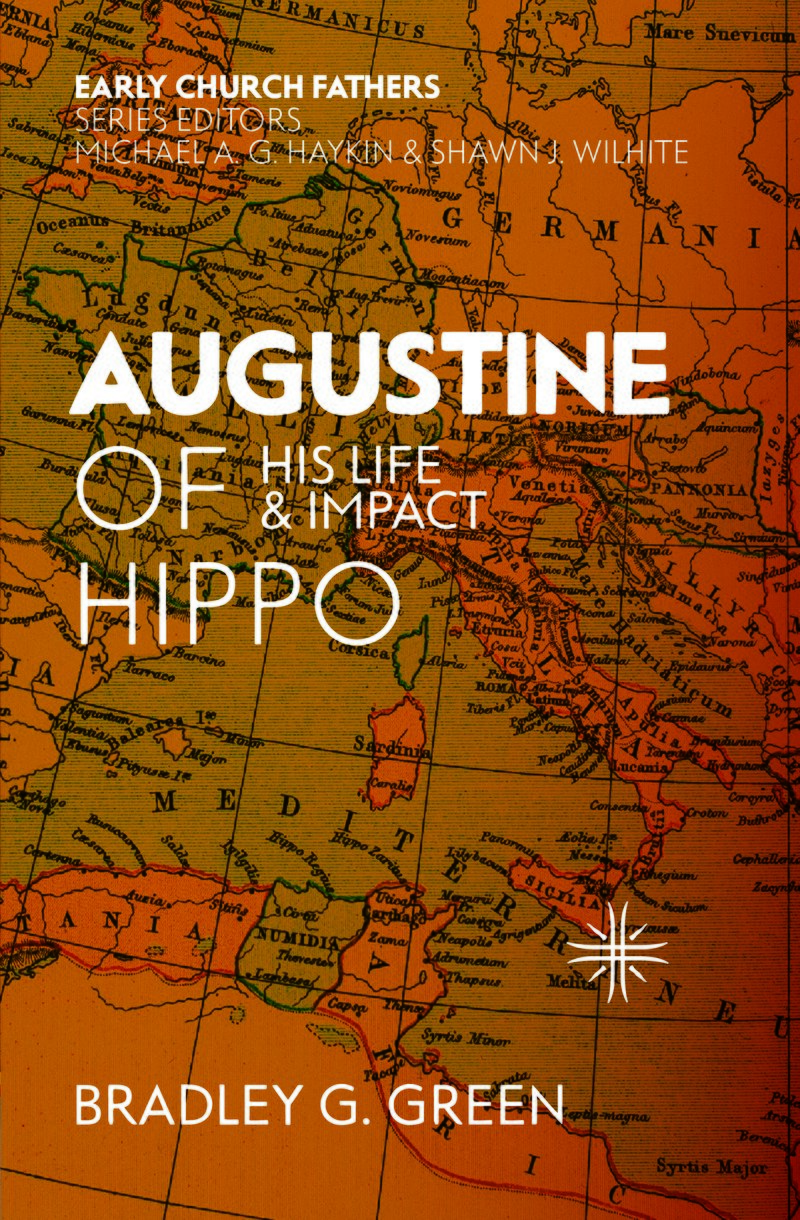
In the vast realm of commentaries, certain works stand out not just for their theological depth but also for their practicality. “Genesis” by Richard D. Phillips, part of the Reformed Expository Commentary series published by P&R, is one such gem. As a Confessionally Reformed pastor, I have had the privilege of delving into numerous commentaries over the years, and Phillips’ two-volume work on Genesis is undoubtedly a standout.
Volume 1: Creation and Fall (Genesis 1-11)
The first volume of this two-part series delves into the foundational chapters of Genesis with a balanced blend of meticulous exegesis and pastoral care. Phillips’s commentary on Genesis 1-11 addresses crucial questions about the origin of the universe, the nature of humanity, and the devastating consequences of sin. His thorough analysis reveals the richness of these early chapters, shedding light on their theological significance and their enduring relevance for believers today.
One of the strengths of Phillips’ work is his ability to convey complex theological concepts in a clear and accessible manner. He never loses sight of the fact that this commentary is intended to serve pastors and lay readers alike. For instance, his exploration of the doctrine of the imago Dei (image of God) in Genesis 1:26-27 is both theologically profound and practically applicable:
“The image of God is the reason every human being is inherently valuable and ought to be treated with dignity, respect, and love. When we understand that every person bears God’s image, we see the sanctity of human life in a new and profound light.” (Genesis 1:26-27, p. 45)
Throughout Volume 1, Phillips consistently emphasizes the gospel-centered themes that run through Genesis, demonstrating how the narrative points forward to God’s redemptive plan in Christ. His commentary on the account of Noah’s ark, for example, not only addresses the historical and scientific aspects but also underscores its typological significance:
“Noah’s ark is a foreshadowing of Jesus Christ, who is the true Ark of salvation. Just as the ark preserved Noah and his family through the waters of judgment, so Christ preserves all who trust in Him through the waters of baptism.” (Genesis 6:9-8:19, p. 153)
Volume 2: Covenantal Blessings (Genesis 12-36)
The second volume of Phillips’ work continues the journey through Genesis, focusing on the covenantal blessings and challenges encountered by Abraham, Isaac, Jacob, and Joseph. This portion of Genesis is rich with narratives that explore the complexities of faith, obedience, and God’s faithfulness to His promises.
Phillips masterfully unpacks the stories of these patriarchs, drawing out important lessons for contemporary believers. His exposition of Abraham’s encounter with Melchizedek in Genesis 14 is particularly illuminating:
“Melchizedek points us to Christ, our ultimate High Priest and King. Just as Melchizedek blessed Abraham, so Jesus blesses us with the gifts of righteousness and peace.” (Genesis 14:17-24, p. 234)
Throughout Volume 2, Phillips consistently highlights the theme of covenant and God’s unwavering commitment to His people. His analysis of the covenantal promises made to Abraham in Genesis 15 demonstrates the depth of God’s grace and faithfulness:
“In the covenant with Abraham, we see God’s unilateral commitment to fulfill His promises. Even when we fail, God remains faithful to His covenant.” (Genesis 15, p. 303)
A Comprehensive Resource for Pastors, Teachers, and Lay Readers
Just as most of Phillips’s books “Genesis (Reformed Expository Commentary)” is a comprehensive resource that combines scholarly depth with pastoral sensitivity. Whether you are a pastor preparing sermons, a Bible study leader, or a lay reader seeking a deeper understanding of Genesis, this commentary offers valuable insights and guidance.
Throughout both volumes, Phillips emphasizes the theological importance of Genesis and its relevance in shaping our understanding of God and takes a lectio exegetical approach, carefully examining each passage in its original context and language. His commitment to exegesis ensures that readers gain a profound understanding of the text.
What sets Phillips’ commentary apart is his ability to bridge the gap between the ancient text and contemporary application. As a pastor, I appreciate his pastoral insights that offer practical guidance for modern readers. For instance, in discussing Jacob’s wrestling with God in Genesis 32:22-32, he observes, “We, too, may wrestle with God in prayer, seeking His blessing and His will for our lives” (Page 347). This pastoral dimension makes “Genesis” accessible and relevant to both scholars and laypeople.
Phillips also addresses challenging theological questions, such as the nature of God’s providence and the problem of evil. His treatment of these issues is thoughtful and biblically grounded, providing readers with a robust theological framework.
In conclusion, Richard D. Phillips’ commentary on Genesis is a remarkable achievement in biblical exegesis and pastoral theology. It is a faithful exposition of God’s Word that brings the rich truths of Genesis to life, making them accessible and applicable to contemporary believers. I highly recommend this work to anyone seeking to dive deeper into the treasures of Genesis.
Statement of Compliance
I want to clarify that I received this book from P&R for the purpose of an unbiased review. I have not been paid to write a positive review. My assessment is entirely based on my genuine impressions.
Genesis by Richard D. Phillips (Reformed Expository Commentary)
Author: Richard D. Phillips
Publisher: P&R




